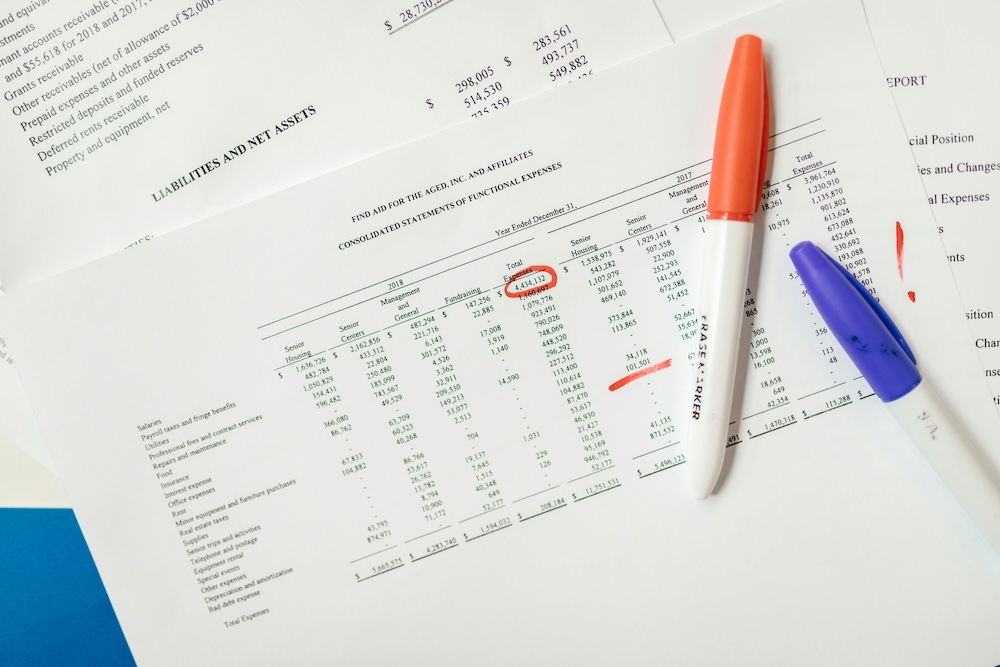July 2025
7 Business Expenses You Might Be Missing
Keeping track of expenses is key to reducing your tax bill. But many business owners miss out on legitimate deductions simply because they don’t know what qualifies. Here are seven common business expenses you might not be claiming—but should be. 1. Mobile Phone Bills If you use your phone for business calls, part of your bill may be deductible. Keep a breakdown of business vs. personal use for accuracy. 2. Home Office Costs Working from home? You may be able to claim for a portion of your rent, utilities, broadband, and even council tax. A simplified flat-rate method is also
What to Do When HMRC Contacts You
Getting a letter, call, or email from HMRC can be worrying. But in many cases, it’s nothing to panic about—just a routine check or a question about your tax return. Here’s what you should do if HMRC gets in touch. 1. Don’t Ignore It HMRC letters or notices usually include deadlines. Ignoring them can lead to fines or further action. Open the letter, read it carefully, and make a note of any key dates. 2. Understand the Type of Contact HMRC might contact you for different reasons: To request more information about your return To ask about missing payments or
Should You Be a Sole Trader or Limited Company?
If you're starting a new business, one of the first key decisions you'll face is choosing your legal structure. Most small businesses in the UK start as either sole traders or limited companies. Each option has its benefits—and drawbacks. Here’s a quick guide to help you decide what’s right for you. Sole Trader: Simple and Flexible A sole trader is the simplest way to start a business. You run it as an individual and keep all the profits (after tax). You’re also personally responsible for any debts. Pros: Easy and quick to set up Fewer admin and reporting requirements Full
Payroll Made Simple: What Every Employer Needs to Know
Payroll is a vital part of running a business, but it’s also a common source of stress and mistakes. Whether you’ve just hired your first employee or are managing a growing team, here’s what you need to know. 1. Understand Your Responsibilities As an employer, you must register with HMRC, calculate pay and deductions correctly, and submit Real Time Information (RTI) on or before each payday. 2. Handle Pensions and Auto-Enrolment You’re legally required to provide a workplace pension and enrol eligible employees. Contributions must be managed and reported accurately. 3. Keep Up with Legislation National Minimum Wage, holiday entitlement,
Cloud Accounting: Why It’s Time to Make the Switch
The way businesses manage their finances has changed—cloud accounting is now the standard for efficiency, accuracy, and flexibility. If you’re still using spreadsheets or desktop software, here’s why you should consider switching. 1. Access Anywhere, Anytime With cloud accounting software, your data is available 24/7 from any device. Whether you're at home, at the office, or on the go, you can check your financials in real time. 2. Automatic Updates & Backups No more software installations or version issues. Your data is backed up automatically, and updates happen seamlessly in the background. 3. Easy Collaboration You and your accountant can
5 Common Tax Mistakes Small Business Owners Make – and How to Avoid Them
Running a small business is demanding - taxes shouldn’t add to the stress. At Coombs Chartered Accountants, we often see the same avoidable errors pop up year after year. Here are five common tax mistakes and how you can steer clear of them. 1. Missing Tax Deadlines Late submissions often lead to penalties and interest charges. Set calendar reminders and talk to your accountant well in advance of the due date to ensure you’re prepared. 2. Poor Record Keeping Without organised records, it’s easy to overlook expenses or misreport income. Keep digital or paper records of all invoices, receipts, and






